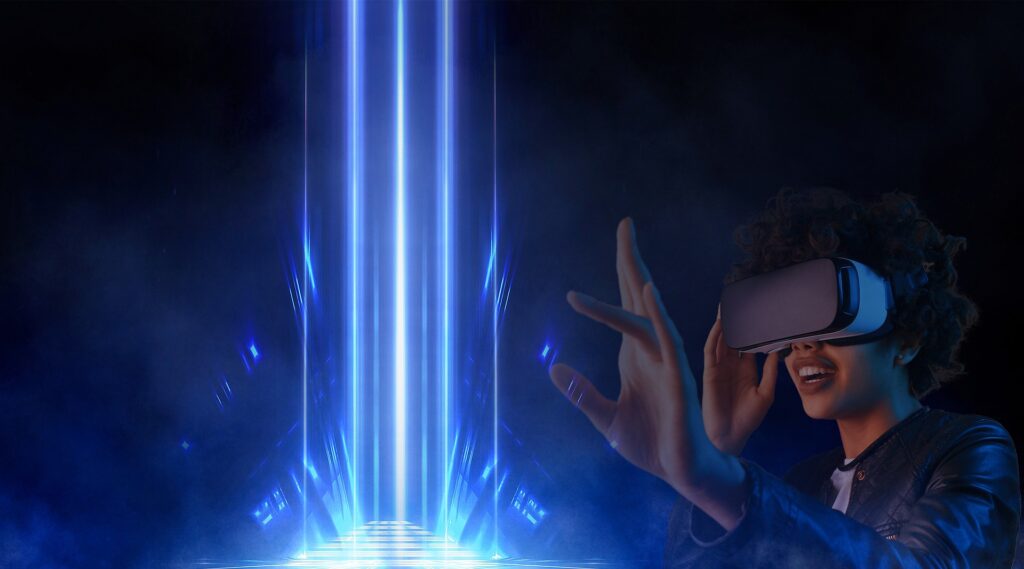Virtual Reality (VR) technology has been a part of the computing world for several decades, but only in recent years has it truly started to gain traction as a mainstream technology. VR provides users with a completely immersive digital experience that allows them to explore and interact with virtual environments in a way that was previously impossible. From gaming to education and healthcare, VR is changing the way we experience and interact with the world.
One of the most exciting aspects of VR is its potential to completely revolutionize how we experience and interact with digital content. Instead of simply viewing a screen, VR allows users to step inside the digital world and actively engage with it. This opens up a whole new realm of possibilities for education, entertainment, and commerce.
Gaming
In the gaming industry, VR has already made a big impact. VR games provide a level of immersion that was previously impossible, allowing players to experience a game in a way that feels much more real. Players can now explore virtual environments, interact with objects, and engage with other players in a way that is much more engaging and intuitive than traditional gaming.
Healthcare
In the healthcare industry, VR has already shown great potential as a tool for training and therapy. Medical professionals can use VR to simulate procedures and surgeries, allowing them to practice and perfect their skills in a controlled and safe environment. Additionally, VR therapy has been used to help patients overcome phobias, anxiety, and post-traumatic stress disorder.
Education
In education, VR has the potential to revolutionize how we learn and interact with information. Instead of simply reading about historical events or scientific concepts, students can now explore and experience them in a virtual environment. This makes the learning process much more engaging and helps to better retain information.
Despite all of its exciting potential, there are still many challenges that must be overcome before VR can truly reach its full potential. One of the biggest challenges is the high cost of VR hardware, which can be prohibitively expensive for many consumers. Additionally, VR technology is still in its early stages and has not yet been fully optimized for widespread use.
Conclusion
In conclusion, VR is a technology that has the potential to completely change how we experience and interact with digital content. However, there are still many challenges that must be overcome before VR can reach its full potential. Nevertheless, the future of VR is incredibly exciting and holds immense potential for the way we experience and interact with the world.

